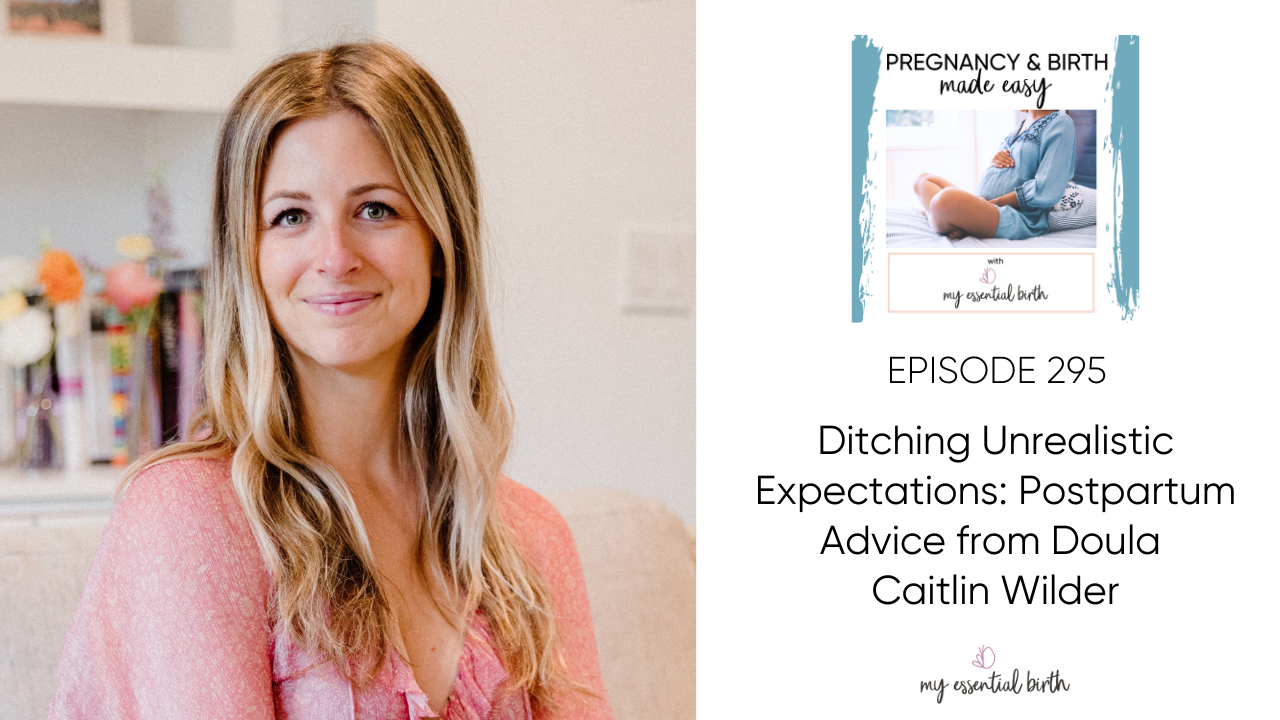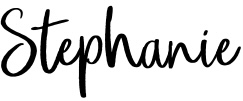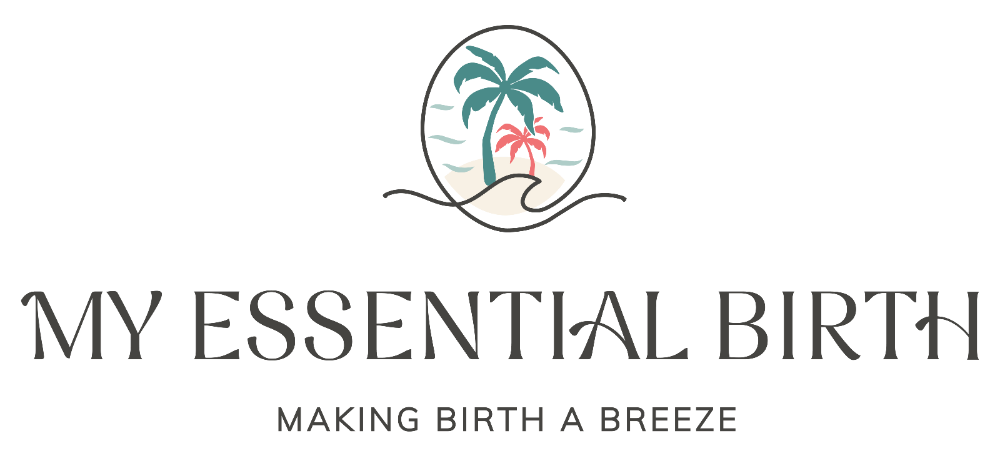
Ditching Unrealistic Expectations: Postpartum Advice from Doula Caitlin Wilder
Show Notes:
[1:42] Our Reviewer of the Week, Anna Antonella, said: "I'm so happy I found this podcast! I was like 33 weeks pregnant when I found it and it helped me so much! I learned a lot and lost the fear of giving birth. I really appreciate that this podcast is not full of advertisements, too! I bought the online course and got more knowledge and did the exercises and meditations. My birth experience: I went to the hospital in early labor and gave birth to my baby boy after 14 hours. I dilated perfectly without stalls and had no medical interventions. I trusted my body and that I'm built to give birth. Thank you so much for your podcast and online course! You taught me everything what I needed to know."
[2:40] Our guest is Caitlin Wilder, a mom x2 and full spectrum doula living in Los Angeles. She is on a one-woman mission to help moms reclaim their postpartum experience. Her instagram is a place to share the realities of postpartum (including all the things no one talks about), encourage moms to ignore the "shoulds", and live a DGAF, no-rules-allowed new mom life. When she's not with her two young kids, you can find her yapping away on her podcast "On We Go" or working on her merch line, "The Bad Moms and Babies Club."
[3:47] What is a postpartum doula? Caitlin started as a birth doula supporting pregnancy, labor, and delivery; after having her daughter, she began sharing her postpartum journey online, realizing how different real postpartum is from what’s often portrayed. This led her to become a postpartum doula, focusing on supporting mothers' healing and wellbeing rather than just newborn care — recreating the sense of "village" support — and now offers this education and support virtually.
[5:51] When should you contact a postpartum doula? Caitlin talks about when and how to find a postpartum doula, which is ideally during pregnancy, but it’s never too late to reach out, even if you're already overwhelmed. She emphasizes interviewing doulas based on connection and comfort rather than just experience, and explains that different postpartum doulas offer different specialties, from cooking nourishing meals to bodywork and ceremonies, helping families build the right postpartum support team.
[8:52] Let's talk about reality vs. social media portrayals of postpartum. Caitlin discusses the unrealistic portrayals of postpartum on social media — either extreme luxury rest or instant "bounce back" — and how most moms' real experiences fall somewhere in between. She emphasizes that postpartum can be beautiful and hard at the same time, and that difficulty is normal, not a sign of failure. Caitlin highlights the importance of sharing real experiences to combat isolation, normalize struggles like "sundown scaries," and encourage honesty and community among mothers. "Hard does not equal bad. Postpartum can be the best and worst experience of your life all at once — and there's nothing wrong with that."
[15:11] Stephanie and Caitlin have a discussion on how the conversation around postpartum has swung from ignoring struggles to potentially over-pathologizing normal experiences. Not all postpartum challenges mean a mood disorder — sometimes it's just the hard, messy, normal process of becoming a mother. It's okay for it to be hard without it meaning you're broken.
[16:55] Caitlin speaks on why focusing on emotional and mental preparation matters more than just physical items. The discussion about normalizing the hard parts of postpartum, preparing support systems like therapy and meal trains, and letting go of the illusion that buying the "right" stuff will guarantee an easy transition. Their discussion on exposure to realistic postpartum experiences and understanding that every baby is unique is crucial.
[24:26] Discussing the importance of trusting your own instincts as a new mother, especially when learning about and bonding with your unique baby. A reminder that you, not outside opinions or social media advice, know your baby best. Encouragement to gather information without pressure, trust your intuition, and make choices that align with your family’s needs — without guilt or feeling like you're doing it wrong. "Your baby picked you to be their mom, not because they thought you would follow an app better than anyone else, but because they knew you would know them better."
[31:11] This segment dives into how second-time motherhood brought freedom from the pressures and anxieties of early postpartum life. Caitlin shares how her first experience was ruled by rigid sleep advice, guilt, and unrealistic expectations, while the second time she embraced contact naps, developmental norms, and her own joy. She encourages first-time moms to act like second-time moms—trust themselves, learn what’s biologically normal, and find their own groove rather than following strict expert rules. “I had in my brain with my son that I wasn’t supposed to enjoy moments—that I was supposed to be a martyr. The second time around, I was like, that’s not good for anyone.”
[37:44] In this candid segment, Caitlin redefines self-care for new moms, emphasizing that it doesn’t need to look like spa days or elaborate routines. Instead, it can be as simple—and as powerful—as a hot shower, a favorite snack, or a quiet moment with a book. She encourages moms to meet themselves where they are, honor their needs without guilt, and reclaim small joys that reconnect them to who they are outside of motherhood. Whether it’s couch-rot TV marathons or a walk around the block, she champions self-care that’s real, accessible, and emotionally affirming. "Self-care for new moms is whatever makes you happy—not what somebody is telling you that you should be doing.”
43:56 How to connect with Caitlin:
To Leave a Review ⭐️
- Open Apple Podcasts
- Find “Pregnancy & Birth Made Easy” podcast
- Select “Ratings and Reviews”
- Click the stars!
- Select “Write a Review” and tell us what was the most amazing, comforting, eye-opening thing that you loved!
ALL the best,

Links Mentioned:



